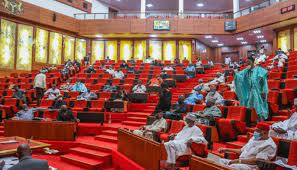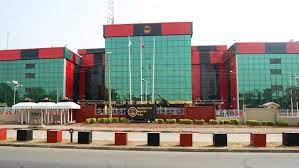
The Sultan of Sokoto, Sa’ad Abubakar has voiced deep concerns over the persistent environmental, political, and security challenges undermining the prosperity and peace of the Sahel region.
Speaking in Abuja at the 1st News Agency of Nigeria International Lecture, themed “Insecurity in the Sahel, 2008 to 2024: Dissecting Nigeria’s Challenges – Genesis, Impacts and Options,” Abubakar was represented by the Emir of Gumi, retired Justice Lawal Hassan.
The Sultan highlighted the Sahel’s abundant human resources and mineral wealth, which he described as presenting immense opportunities for rapid economic growth. He noted that the region, which acts as a buffer between the Sahara Desert to the north and tropical savannah to the south, is rich in minerals like lithium, cobalt, and uranium. With projections indicating a population of 1.5 billion by 2050, the Sahel boasts one of the youngest demographics globally.
Despite these advantages, Abubakar stressed that deep-rooted challenges continue to stymie progress. He referenced a unique support plan developed by the United Nations targeting ten countries, including Nigeria, to promote prosperity and sustainable peace in the region. The plan prioritizes cross-border cooperation, prevention of conflict, climate action, and renewable energy initiatives.
The overarching goal of the UN Support Plan is to harness the Sahel’s vast natural and cultural resources to foster shared prosperity, aligning with the 2030 Agenda for Sustainable Development and the African Union’s Agenda 2063. Abubakar pointed out that the region’s macroeconomic conditions have generally been more stable than the continental average over the past decade, indicating potential for growth.
He also announced that the regional support plan would be inaugurated at an upcoming high-level meeting in Gwane and at the 31st African Union Summit in Nouakchott, Mauritania. While acknowledging ongoing efforts, the Sultan emphasized the need to pay greater attention to the historical, cultural, and religious ties among the people of the Sahel, which have historically facilitated social integration and economic relationships.
“A good understanding of this phenomenon can provide deeper insight into the factors influencing some of these economies,” he stated, underscoring the importance of leveraging these connections for a brighter future in the Sahel.





